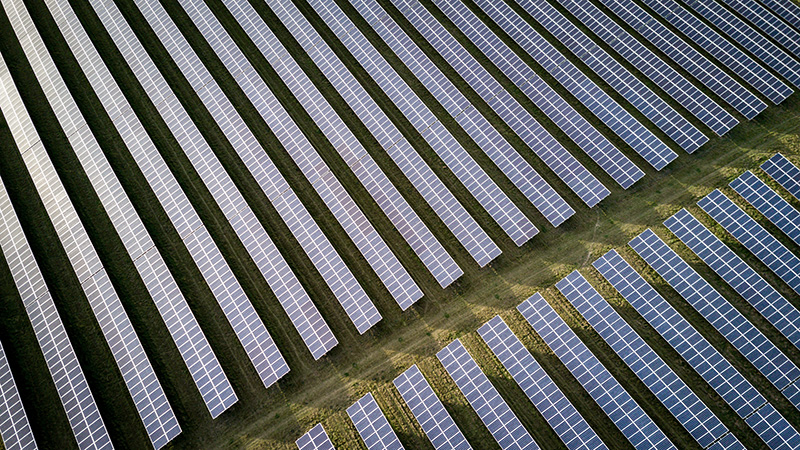The shift towards the circular economy is accelerating globally in nearly every industry—including construction. It has been estimated that nearly half of the world’s material resources are used for construction, which means that the industry has massive circular economy potential. Sustainability, circular economy thinking and increasing regulation are starting to make themselves felt in the construction industry and construction contracts.
Building Contracts: Circular Economy and New Regulation Create New Business in the Construction Industry

Related services

Circular Economy Thinking Guides New Regulation
The goal of the circular economy is to use materials as efficiently and sustainably as possible and keep them circulating safely for as long as possible. Finland’s goal is to be a leader in the circular economy by 2025, which is reflected both in the regulation of the construction sector and in policy planning. The pending reform of the Land Use and Building Act is to include proposals for numerous provisions that promote the circular economy, such as requirements concerning the longevity of new buildings and how they can be repaired and demolished and more detailed provisions on the demolition situations.
A new decree on climate assessments for buildings and guidelines supporting it are also intended to promote more sustainable and efficient building construction. The decree is related to the reform of the Land Use and Building Act and is currently being circulated for comments. The decree seeks to map the climate impacts of buildings using a method to assess the carbon footprint of buildings in such a way that carbon budgets can be set for new buildings by 2025.
Naturally, EU policies also have a major impact on the circular economy of the construction sector. The Commission has set ambitious targets for promoting the circular economy within the EU. The role of construction is touched upon in both the European Green Deal and the circular economy action plan. A separate circular economy strategy for buildings is also being worked on and is estimated to be ready in 2021 or 2022. Expect to see additional policies and potential recycling targets in the very near future.
Green Deal Agreements Accelerate Development
In addition to actual legislation, the construction industry has committed to voluntary measures to promote the circular economy. Last year, the Ministry of the Environment entered into two circular-economy-related Green Deal agreements with several representatives of the construction industry. In these Green Deal agreements, construction sector companies have voluntarily committed to sustainable demolition principles and to promoting the collection and reuse of plastic waste. Green Deal agreements are an excellent indicator that it is possible to pursue climate goals in good cooperation outside of traditional regulatory frameworks.
The Future of the Circular Economy in the Construction Industry
The growing global and national enthusiasm for coupling the construction sector to the circular economy is unlikely to abate. It is certain that the material streams used by the construction industry will come under increasing scrutiny in this decade. This will also open up space for new kinds of businesses, some of which can already be seen, for example, with respect to the use of surplus materials. It is important to keep up with the new opportunities created by the circular economy thinking. It is already possible to incorporate circular economy ideas into project development agreements and construction contracts today.










